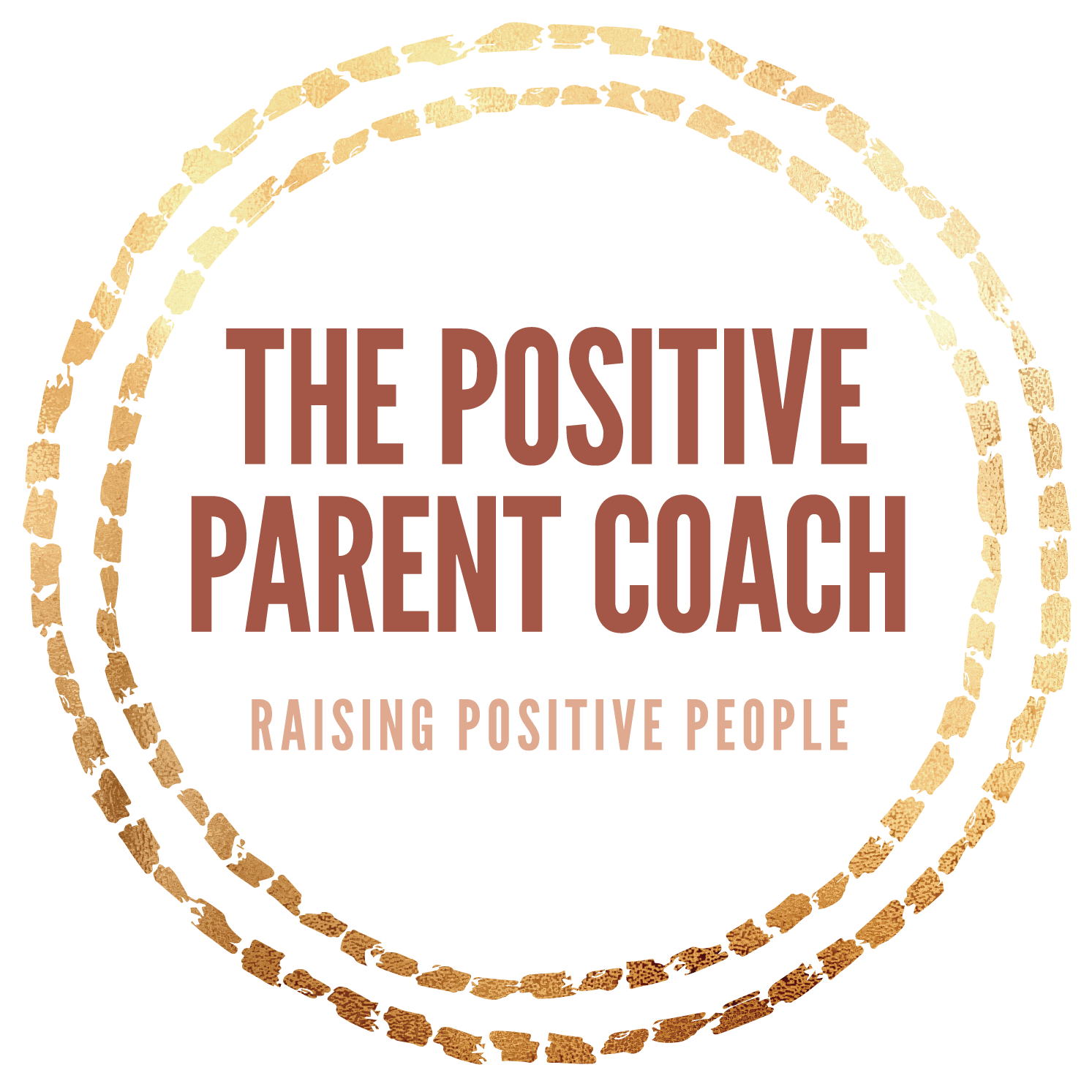Building Connection; Strengthening Your Relationship
Building Connection; Strengthening Your Relationship
Connection is the foundation of every thriving parent–child relationship. When children feel seen, heard, and valued for who they are, they naturally become more cooperative, confident, and emotionally resilient.
This section will help you understand the science of attachment and give you practical, everyday ways to deepen your bond, even when life feels busy or behaviour is challenging.
You’ll learn how to build safety and trust, tune in to your child’s love language, and stay connected through the ups and downs of parenting. Because when connection leads, cooperation follows.
Workshop 1: Understanding Attachment
Discover what secure attachment really looks like and how it’s built through everyday interactions, not perfection. Learn how your own attachment patterns influence your parenting style and how to create safety and trust that help your child feel anchored and understood.
You’ll learn:
The four main attachment styles and how they show up in parenting
Why consistency matters more than “never getting it wrong”
How to repair connection when things go off-track
Workshop 2: Love Languages in Parenting
Every child has a unique way of feeling loved, whether it’s through words, time, touch, gifts, or acts of service. This workshop helps you identify your child’s (and your own) love languages so you can meet their emotional needs in ways that truly resonate.
You’ll learn:
How to spot your child’s primary love language
Simple, everyday ways to express love that land deeply
How unmet love needs can drive misbehaviour or defiance
Every child has a unique way of feeling loved and connected.
When we understand how our child naturally gives and receives love, we can meet their emotional needs in a way that truly lands.
Often, parents and children have different love languages, which means love can be “lost in translation.” Learning to speak your child’s love language helps strengthen connection, reduce power struggles, and create a deeper sense of safety and belonging.
Workshop 3: When Your Child Prefers the Other Parent
It can be painful when your child consistently turns to the other parent for comfort or connection. This workshop helps you understand why this happens, what it means (and doesn’t mean), and how to gently rebuild your relationship without shame or comparison.
You’ll learn:
What’s happening beneath the “parent preference” phase
How to stay emotionally grounded and confident
Practical ways to reconnect and strengthen your bond






